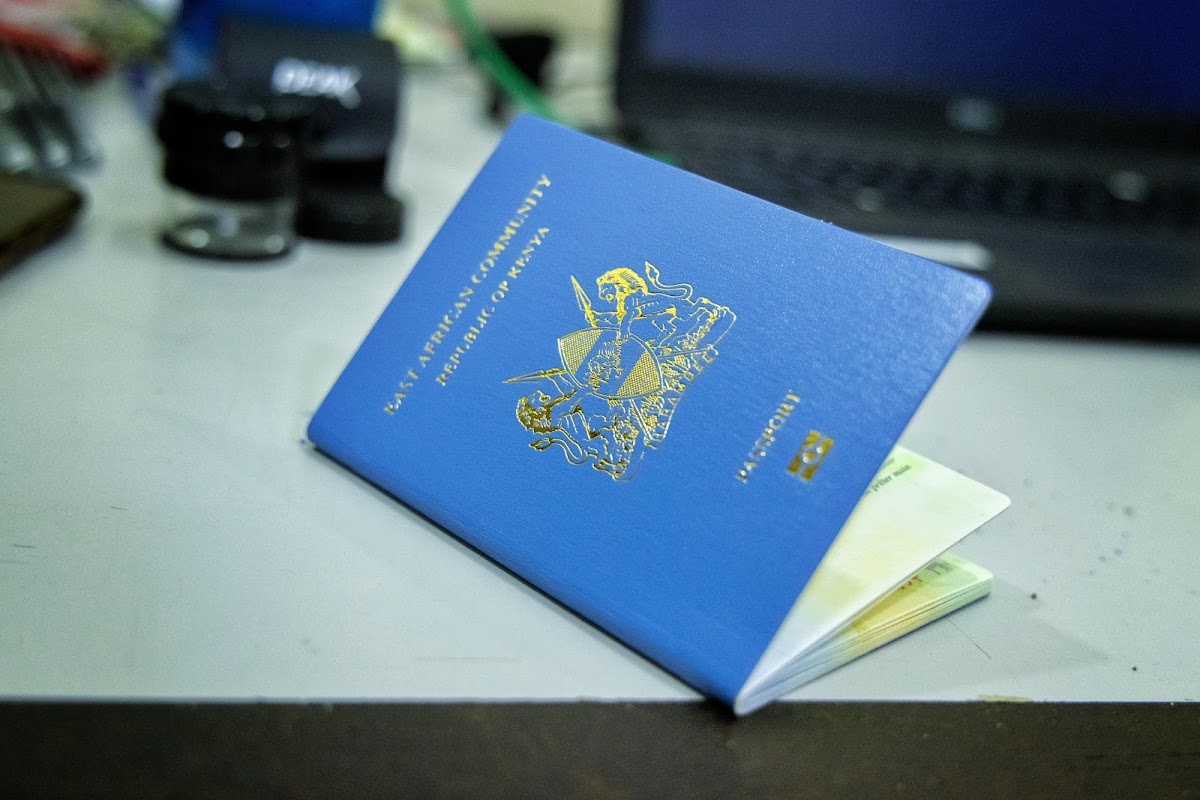By Moses Muli Published: 17 May 2024, 6:50 PM A total of 9.5 million Rwandans…

We can now produce over 10,000 passports daily – Kindiki
By Moses Muli
Published: May 6,2024 4:39 PM
Interior CS Prof Kithure Kindiki has said Kenya now has the capacity to produce over 10,000 passports in 24 hours.
According to Kindiki, this is double the daily demand of about 5,000 passports.
This has been facilitated by the acquisition of two new printers, which can produce 300 passports an hour, each.
This means that with both printers in use, the Immigration Department will be able to produce 600 passports an hour, which translates to 4,800 passports if the printers work for eight hours a day.
The output could be higher if the printers are put to work for more hours where an estimated 14,000 passports can be produced if the machines work for 24 hours.
This will be a relief to the thousands of Kenyans who apply for passports daily.
The old printer could only print 1,000 passports in eight hours.
The government has been working to ensure the passport backlog issues which Kenyans have experienced over the past few years are sorted.
CS Kindiki has been leading key reforms in the Immigration and Citizen Services department where, he, among others plans to reduce the time it takes for one to acquire a passport.
Last month, the CS said that from May 1, it would only take 21 days to have their passport processed from the date of application.
Kindiki said that the period would further be reduced to three days from September 1, 2024.
He also said that the government has addressed issues that caused delays in the processing of the passport.
“The historical backlog in the processing of the Kenyan passport has been conclusively resolved and the bottlenecks that had resulted in the frustration of many applicants addressed,” the CS said.
“The Government has facilitated the acquisition of adequate passport printing equipment, paid all the pending supplier bills, and addressed the supply chain constraints.”
He noted that the high number of pending passports which stood at 724,000 by March 11, has been effectively reduced to less than 50,000.



This Post Has 0 Comments